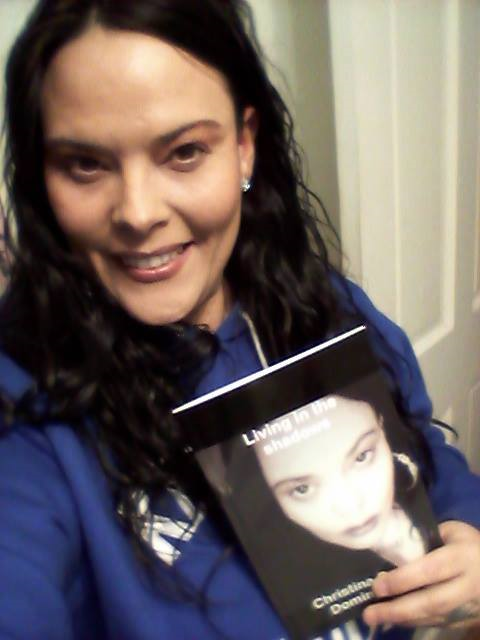 April 6, 2016
April 6, 2016 by Christina Carta
Spending time alone is a good thing, and some people require more time alone than others. I myself am guilty 100 percent of isolating myself at times and have been doing this since I was a child. It has led to depression, agoraphobia and anxiety. When I was diagnosed with HIV it made it so much worse. Days turned into weeks and weeks turned into a few years of staying inside and withdrawing myself from the outside world. A few years later I slowly entered into the outside world, going back to school and the workforce. My hours, of course, were when most people slept and when stores were open 24 hours a day. Then, here came the internet my way. I would get lonely and talk in chat rooms to keep up with the outside world. Over time, chat turned into, wow, let’s meet. But of course I never went that far until here recently. Anyway, with the depression, I started to blame myself. I felt shame. I started to think so much different.
This was not the person I was. The person inside had dreams, goals and wanted to see the world. I started to think a lot. I had the fear of discrimination–of not just being labeled as having a mental illness, but also now living with HIV. I kept my feelings inside, behind my smile and my wonderful personality that everyone talked about; deep down inside I was BROKEN and felt so lost. Deep down inside I knew I had to get help. Even though relationships are necessary for our wellbeing, they can trigger negative feelings and thoughts, and emotional isolation can act as a defense to protect a person from emotional distress. When people are emotionally isolated, they keep their feelings completely to themselves, are unable to receive emotional support from others, feel “shut down” or numb, and are reluctant or unwilling to communicate with others, except perhaps for the most superficial matters. NOT to mention the thought of suicide also. I wanted to talk, tell someone; I knew this was just not normal.
Sometimes isolation is not a matter of choice; some people may be wanting to have friends and engage emotionally, but are unable to do so out of fear or because they do not know how to proceed. I found a wonderful therapist over the years–YES, years, because these are issues you cannot just snap out of; it takes time. Things that have helped me over time in my personal experience are: First, one important step is seeking qualified help. I started to see and feel so negative, even thoughts of suicide entered my mind. The days of isolation turned to weeks. Telling people you trust about your problem will also help fight stigma and shame. This is different for everyone.
I am very open; my life is an open book. I use my experiences to help others. Sharing and talking what you’ve been through with close friends and family, or with other people who have struggled with the same illness–this has helped me so much. A little advice: Disclosure must be approached cautiously. Some friends or even family are not as accepting when it comes to mental illness or HIV. Ultimately, the more that people like us talk openly about our illness, the more that stigma will fade away—not just from our own lives, but also from society at large. And remember you are not alone. Take baby steps; take one day at a time. Don’t rush. Get to know yourself inside and out. Learn your triggers and how to manage them.


